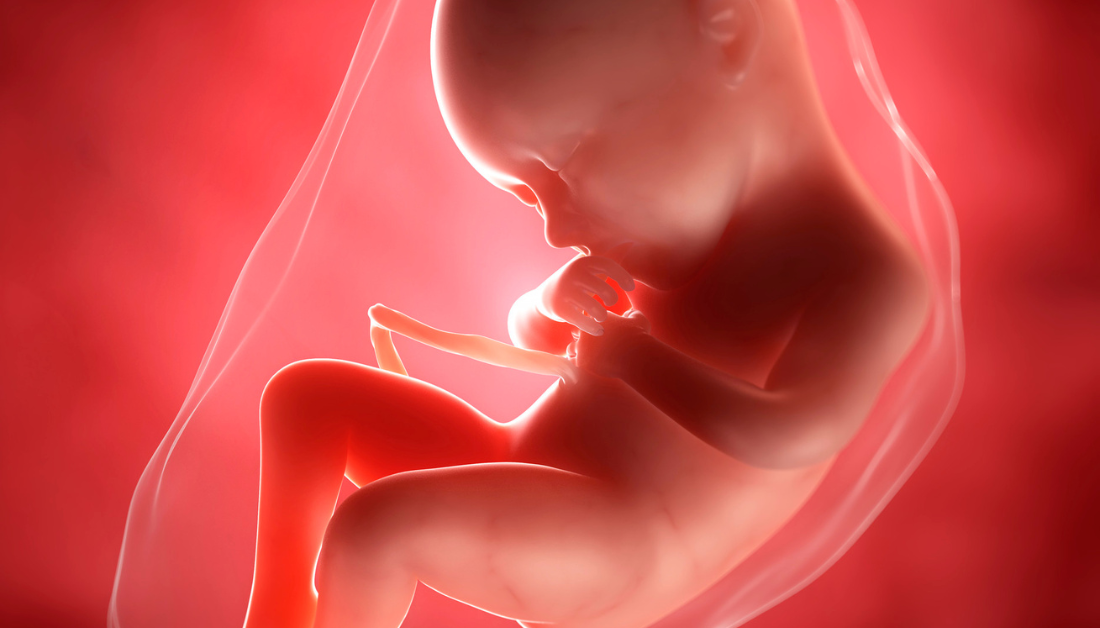

Animal embryos undergo a series of distinct developmental stages as they progress from a fertilized egg cell to a fully functional organism. This biological process is primarily controlled by genetics and follows a similar pattern across various animal species. However, there are variations in the specifics, both between different species and among embryos of the same species. For instance, the pace at which individual embryonic stages are completed can differ. These differences in embryonic development play a significant role in driving evolution, potentially leading to the emergence of new traits and thereby promoting evolutionary adaptations and biodiversity. Understanding the mechanisms of evolution greatly depends on studying the embryonic development of animals. To objectively and efficiently record differences in embryonic development, such as the timing of developmental stages, researchers at the University of Konstanz, led by systems biologist Patrick Müller, are developing and utilizing methods based on artificial intelligence (AI). In their recent article in Nature Methods, they outline a new approach that autonomously captures the pace of development processes and identifies characteristic stages without human intervention, standardizing the process across species boundaries.
Each embryo possesses unique characteristics
Our current understanding of animal embryogenesis and individual developmental stages stems from microscopic observations and detailed descriptions of embryos at various stages of development. Thanks to these meticulous efforts, reference books containing standardized depictions of individual embryonic stages are now available for numerous animal species.
However, embryos often do not look exactly the same under the microscope as they do in the schematic drawings. And the transitions between individual stages are not abrupt, but more gradual.”
Patrick Müller, systems biologist
more recommended stories
 Nanoplastics in Brain Tissue and Neurological Risk
Nanoplastics in Brain Tissue and Neurological RiskKey Takeaways for HCPs Nanoplastics are.
 AI Predicts Chronic GVHD Risk After Stem Cell Transplant
AI Predicts Chronic GVHD Risk After Stem Cell TransplantKey Takeaways A new AI-driven tool,.
 Red Meat Consumption Linked to Higher Diabetes Odds
Red Meat Consumption Linked to Higher Diabetes OddsKey Takeaways Higher intake of total,.
 Pediatric Crohn’s Disease Microbial Signature Identified
Pediatric Crohn’s Disease Microbial Signature IdentifiedKey Points at a Glance NYU.
 Nanovaccine Design Boosts Immune Attack on HPV Tumors
Nanovaccine Design Boosts Immune Attack on HPV TumorsKey Highlights Reconfiguring peptide orientation significantly.
 High-Fat Diets Cause Damage to Metabolic Health
High-Fat Diets Cause Damage to Metabolic HealthKey Points Takeaways High-fat and ketogenic.
 Acute Ischemic Stroke: New Evidence for Neuroprotection
Acute Ischemic Stroke: New Evidence for NeuroprotectionKey Highlights A Phase III clinical.
 Statins Rarely Cause Side Effects, Large Trials Show
Statins Rarely Cause Side Effects, Large Trials ShowKey Points at a Glance Large.
 Anxiety Reduction and Emotional Support on Social Media
Anxiety Reduction and Emotional Support on Social MediaKey Summary Anxiety commonly begins in.
 Liquid Biopsy Measures Epigenetic Instability in Cancer
Liquid Biopsy Measures Epigenetic Instability in CancerKey Takeaways Johns Hopkins researchers developed.

Leave a Comment